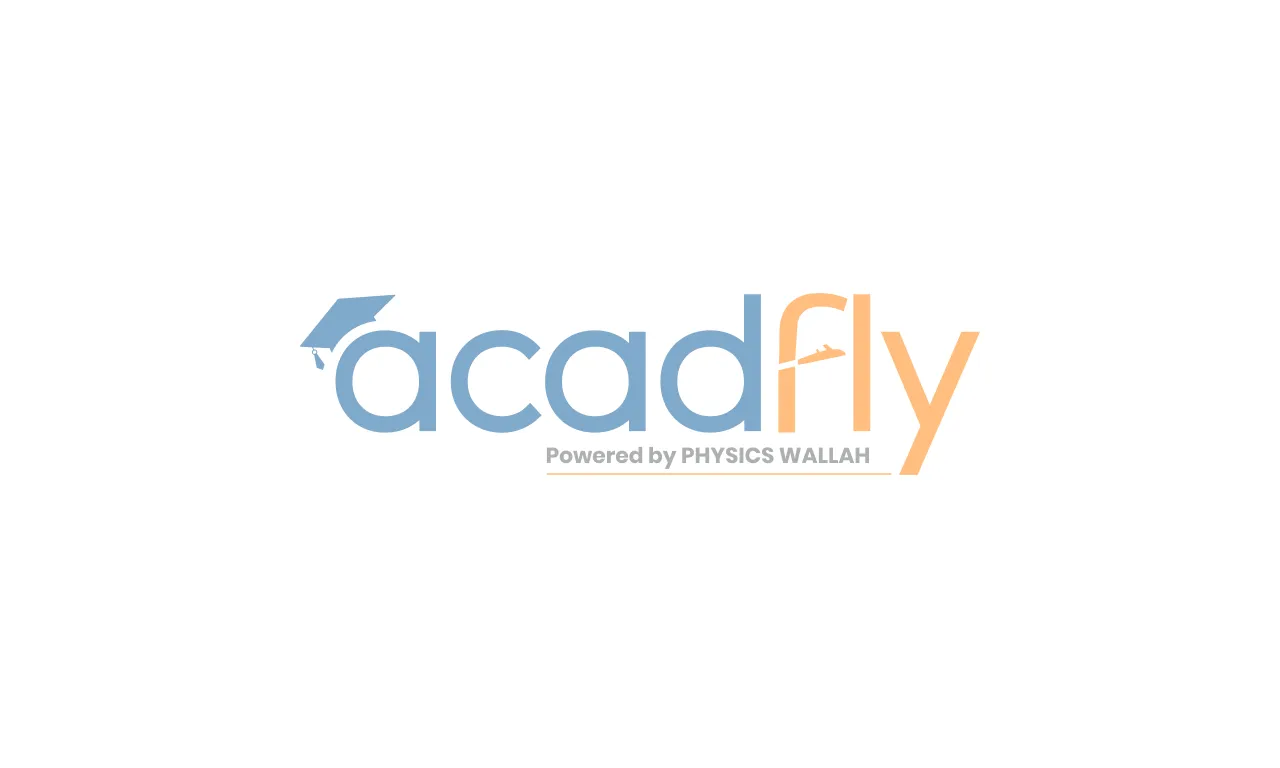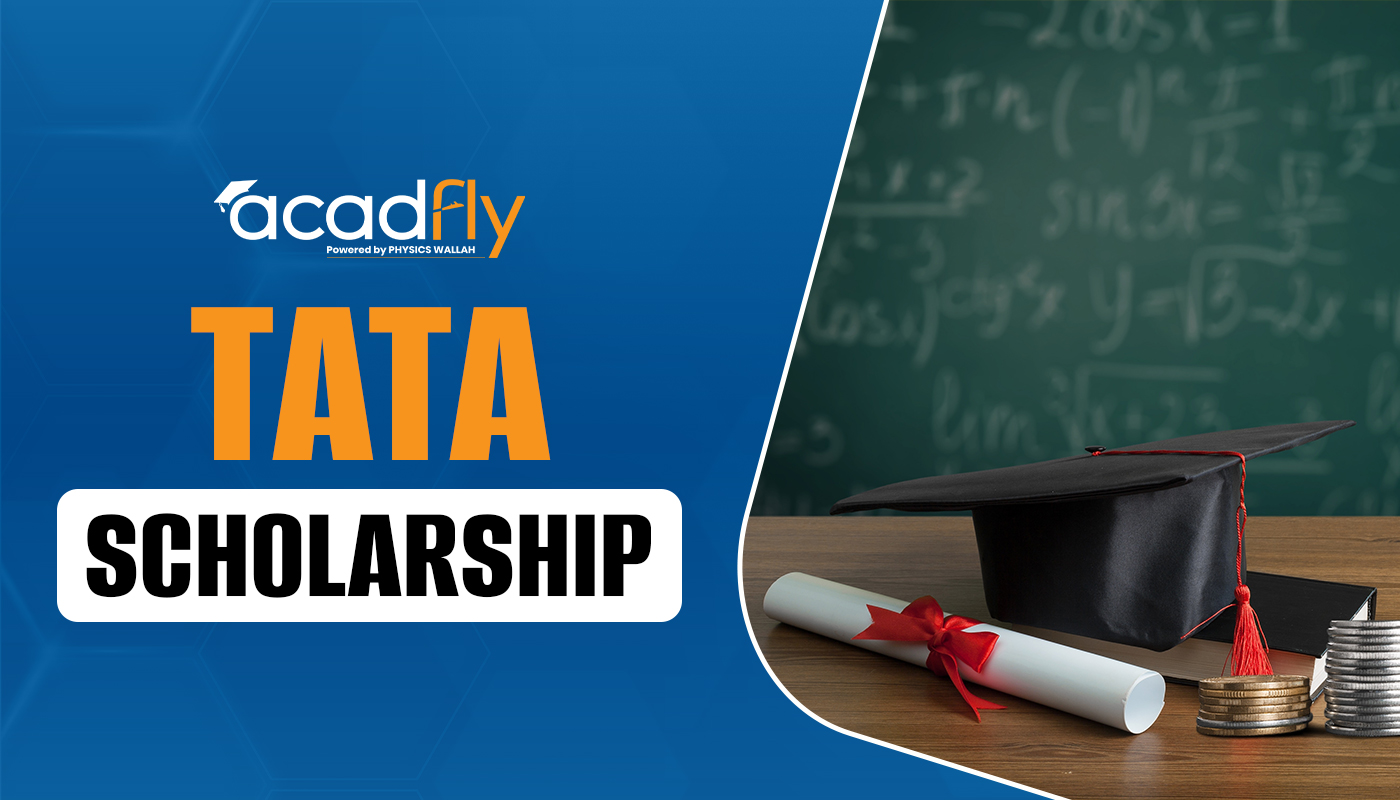
NEET 2026: The official NEET UG 2026 notification is expected in January 2026, with the registration process likely to begin in the first week of February. Based on previous trends, candidates can anticipate the application window to open shortly after the notification, along with detailed guidelines and important dates for a smooth registration process.
The NEET (UG) Examination is a national-level pre-medical entrance test for students seeking admission to undergraduate medical programs in government, private, and international colleges. NEET (UG), which stands for National Eligibility cum Entrance Test (Undergraduate), is conducted annually by the National Testing Agency (NTA). It is regarded as one of the most challenging entrance exams in India, with nearly 15 lakh candidates appearing each year.
NEET 2026: An Overview
While the official notification for NEET 2026 is still a considerable time away, based on historical trends and NTA's consistent conduct of the examination, we can anticipate key aspects of the exam. Early preparation and a clear understanding of the framework are paramount for success.
|
NEET 2026 Highlight |
|
|
Aspect |
Details |
|
Exam Name |
National Eligibility cum Entrance Test (NEET-UG) |
|
Conducting Body |
National Testing Agency (NTA) |
|
Exam Level |
National Level |
|
Courses Offered |
MBBS, BDS, AYUSH (BHMS, BAMS, BUMS, BSMS), BVSc & AH (for 15% AIQ seats) |
|
Mode of Exam |
Offline (Pen-Paper based) |
|
Frequency |
Once a Year |
|
Duration |
3 Hours 20 Minutes (200 minutes) |
|
Total Marks |
720 Marks |
|
Number of Questions |
200 (180 to be attempted) |
|
Subjects |
Physics, Chemistry, Biology (Botany & Zoology) |
|
Medium of Exam |
English, Hindi, Assamese, Bengali, Gujarati, Kannada, Malayalam, Marathi, Odia, Punjabi, Tamil, Telugu, Urdu |
|
Official Website |
neet.ntaonline.in (Expected for 2026, subject to change) |
NEET UG 2026 Important Dates
Below is a table listing all the important dates related to the NEET 2026 exam:
NEET 2026 Eligibility
To be eligible for NEET 2026 examination, candidates are required to full fill academic, age, and nationality criteria set by the NTA. Eligible applicants include Indian citizens, NRIs, OCIs, PIOs, and foreign nationals.
The minimum age requirement is 17 years as of December 31, 2026. The expected upper age limit is 25 years for the general category and 30 years for reserved categories, unless there are official revisions.
Candidates must pass Class 12 with Physics, Chemistry, Biology or Biotechnology, and English as core subjects. The minimum marks requirement is as follows: 50% in Physics, Chemistry, and Biology (PCB) for general category candidates; 40% for OBC, SC, and ST candidates; and 45% for candidates with disabilities (PwD).
NEET 2026 Registration Process
NEET 2026 application process will be conducted online through the official NTA NEET website. Candidates should follow these steps:
Step 1: Visit the official NTA website.
Step 2: Complete the online registration by providing basic personal details to generate your application number and password.
Step 3: Fill in the application form.
Step 4: Upload all the required documents.
Step 5: Pay the application fee.
Step 6: Download and print the confirmation page.
NEET 2026 Exam Date (Tentative)
Based on the NTA's consistent examination schedule over the past few years, the NEET-UG examination is typically conducted in the first Sunday of May.
Therefore, for NEET 2026, candidates can tentatively expect the exam to be held on the first Sunday of May 2026. However, it's crucial to remember that this is an estimation, and the official date will only be confirmed by the NTA through its detailed information bulletin, usually released around December-January of the previous year (i.e., December 2025 - January 2026). Keep an eye on the NTA's official website for the most accurate and up-to-date information.
NEET 2026 Syllabus
The NEET-UG syllabus is primarily based on the NCERT syllabi of Class 11 and Class 12 Physics, Chemistry, and Biology. The NTA is responsible for defining the syllabus, and while it mostly remains consistent, minor modifications can occur. It is always advisable to refer to the latest official information bulletin released by the NTA for the specific year (NEET 2026) to confirm the exact syllabus.
The syllabus is divided into three main subjects: Physics, Chemistry, and Biology (which further comprises Botany and Zoology).
| NEET 2026 Syallabus | ||
|---|---|---|
|
Subject |
Class 11 Topics (Broad Categories) |
Class 12 Topics (Broad Categories) |
|
Physics |
Physical World and Measurement, Kinematics, Laws of Motion, Work Energy and Power, Motion of System of Particles and Rigid Body, Gravitation, Properties of Bulk Matter, Thermodynamics, Behavior of Perfect Gas and Kinetic Theory, Oscillations and Waves. |
Electrostatics, Current Electricity, Magnetic Effects of Current and Magnetism, Electromagnetic Induction and Alternating Currents, Electromagnetic Waves, Optics, Dual Nature of Matter and Radiation, Atoms and Nuclei, Electronic Devices. |
|
Chemistry |
Some Basic Concepts of Chemistry, Structure of Atom, Classification of Elements and Periodicity in Properties, Chemical Bonding and Molecular Structure, States of Matter: Gases and Liquids, Thermodynamics, Equilibrium, Redox Reactions, Hydrogen, s-Block Elements (Alkali and Alkaline Earth Metals), Some p-Block Elements, Organic Chemistry – Some Basic Principles and Techniques, Hydrocarbons, Environmental Chemistry. |
Solid State, Solutions, Electrochemistry, Chemical Kinetics, Surface Chemistry, General Principles and Processes of Isolation of Elements, p-Block Elements, d and f Block Elements, Coordination Compounds, Haloalkanes and Haloarenes, Alcohols Phenols and Ethers, Aldehydes Ketones and Carboxylic Acids, Organic Compounds Containing Nitrogen, Biomolecules, Polymers, Chemistry in Everyday Life. |
|
Biology |
Botany: Diversity in Living World, Structural Organisation in Plants & Animals, Cell: Structure & Functions, Plant Physiology, Human Physiology (shared with Zoology). |
Botany: Reproduction, Genetics and Evolution, Biology and Human Welfare, Biotechnology and Its Applications, Ecology and Environment. |
|
Zoology |
Structural Organisation in Animals, Human Physiology (shared with Botany). |
Zoology: Reproduction, Genetics and Evolution, Biology and Human Welfare, Biotechnology and Its Applications, Ecology and Environment. |
Also refer NEET Syllabus 2026 PDF, Subject Wise Topics and Weightage for more details.
NEET 2026 Exam Pattern
Understanding the NEET exam pattern is as crucial as mastering the syllabus. It dictates how questions are framed, how marks are distributed, and how much time you have for each section.
|
NEET 2026 Exam Pattern |
|
|---|---|
|
Feature |
Details |
|
Exam Mode |
Offline (Pen & Paper based on OMR sheet |
|
Question Type |
Multiple Choice Questions (MCQs) |
|
Total Sections |
4 (Physics, Chemistry, Botany, Zoology) |
|
Questions per Subject |
Each subject will have two sections: Section A and Section B. Section A: 35 questions (all compulsory) Section B: 15 questions (attempt any 10) |
|
Total Questions |
200 (Candidates attempt 35 + 10 = 45 questions per subject, total 180 questions) |
|
Marking Scheme |
+4 marks for every correct answer -1 mark for every incorrect answer (Negative Marking) 0 marks for unattempted questions |
|
Total Marks |
720 Marks (180 questions x 4 marks) |
|
Exam Duration |
3 Hours 20 Minutes (200 minutes) |
|
Language Options |
English, Hindi, Assamese, Bengali, Gujarati, Kannada, Malayalam, Marathi, Odia, Punjabi, Tamil, Telugu, Urdu |
The division of questions into Section A and B was introduced to provide students with more choices and potentially reduce pressure. However, it's vital to choose the 10 questions wisely in Section B to maximize your score.
NEET 2026 Admit Card Related Information
NEET 2026 admit card will be released online on the official NTA NEET portal around 2–3 weeks before the examination date. Candidates can download it by visiting the official website, clicking on the “Download Admit Card” link, and entering their application number, date of birth, and security pin. The admit card will contain important details such as the candidate’s name, roll number, exam date and time, examination centre address, photograph, signature, and important exam-day procedures. It is mandatory to carry a printed copy of the admit card along with a valid photo ID and passport-size photographs to the exam centre, as entry will not be permitted without these documents.
NEET Previous Year Papers (PYPs)
Solving NEET Previous Year Papers is not just a recommendation; it's a critical component of a robust preparation strategy. PYPs offer invaluable insights that no textbook alone can provide.
Why are PYPs crucial?
-
Understand Exam Pattern: They give you a real feel of the actual exam structure, question types, and distribution across topics.
-
Identify Important Topics: Recurring themes and frequently asked questions highlight high-weightage topics.
-
Time Management Practice: Solving papers under timed conditions helps improve speed and accuracy, crucial for completing the 200-minute exam efficiently.
-
Self-Assessment: They serve as mock tests, allowing you to identify your strengths and weaknesses, helping you tailor your study plan.
-
Build Confidence: Familiarity with the exam environment through PYPs reduces anxiety on the actual exam day.
Where to find PYPs:
-
Official NTA website (archives section).
-
Reputable coaching institute websites.
-
NEET preparation books specifically dedicated to previous year questions with solutions.
-
Aim to solve at least the last 5-7 years' papers thoroughly, analyzing each question, even the ones you answer correctly.
Best Books for NEET 2026 Preparation
While there are numerous books available in the market, a focused approach relying on core texts and then supplementing with practice books is most effective.
|
Books for NEET 2026 Preparation |
||
|---|---|---|
|
Subject |
Must-Have (Foundational) |
Recommended (Practice/Advanced) |
|
Physics |
NCERT Class 11 & 12 |
H.C. Verma (Concepts of Physics Vol 1 & 2), D.C. Pandey (Objective Physics), I.E. Irodov (for advanced problems) |
|
Chemistry |
NCERT Class 11 & 12 |
O.P. Tandon (Physical Chemistry), M.S. Chauhan (Organic Chemistry), V.K. Jaiswal (Inorganic Chemistry) |
|
Biology (Botany & Zoology) |
NCERT Class 11 & 12 |
Trueman's Objective Biology, Dinesh Objective Biology, A.C. Dutta (Botany), GR Bathla (Biology) |
|
Overall Practice |
NEET Previous Year Question Papers (with solutions), Arihant Publications - NEET Guides, MTG NEET Guides |
- |
Preparing for NEET 2026: A Strategic Approach
-
Start Early: Given the vast syllabus, commencing your preparation well in advance (Class 11 itself) provides ample time for comprehensive coverage and revision.
-
Master NCERT: Read the NCERTs thoroughly for all three subjects. Make notes, highlight key points, and understand every diagram and example.
-
Conceptual Clarity: Don't just memorize. Focus on understanding the underlying concepts in Physics, chemical reactions in Chemistry, and biological processes in Biology.
-
Regular Practice: Daily practice of numerical problems in Physics and Physical Chemistry, and consistent revision of facts in Biology and Inorganic Chemistry.
-
Mock Tests and Analysis: Take full-length mock tests regularly to simulate exam conditions. Crucially, analyze your performance afterwards to identify weak areas and strategize for improvement.
-
Revision is Key: Schedule dedicated time for periodic revision of all topics. Short notes and flashcards can aid quick recall.
-
Time Management: Develop a balanced study plan that allocates sufficient time to each subject based on your strengths and weaknesses. Practice managing time effectively during the exam.
NEET 2026 demands relentless dedication, strategic planning, and consistent effort. By thoroughly understanding the exam date, syllabus, and pattern, leveraging previous year papers, and relying on the right study materials, you can build a strong foundation for success. Remember, consistency is key, and every hour invested now will bring you closer to realizing your dream of becoming a medical professional. Stay informed through official NTA channels and maintain a focused, disciplined approach to your preparation.
NEET 2026 Merit List and Counselling Process
After the declaration of NEET 2026 results, NTA will release the All India Rank (AIR) based merit list based on candidates’ performance. This merit list plays an important role in the counselling and seat allotment process. The Medical Counselling Committee (MCC) will conduct centralised counselling for 15% All India Quota (AIQ) seats, while the remaining 85% state quota seats are handled by respective state authorities. Counselling is conducted in multiple rounds and includes registration, choice filling, seat allotment, and document verification. Candidates must stay updated with official websites to make sure they don’t miss deadlines or important announcements during the NEET 2026 counselling process.
FAQs on NEET 2026
How many attempts are allowed for NEET?
Will the NEET 2026 syllabus be changed?
What are the basic eligibility criteria for NEET 2026?
When will the NEET 2026 application form be released?
What is considered a good score in NEET?








